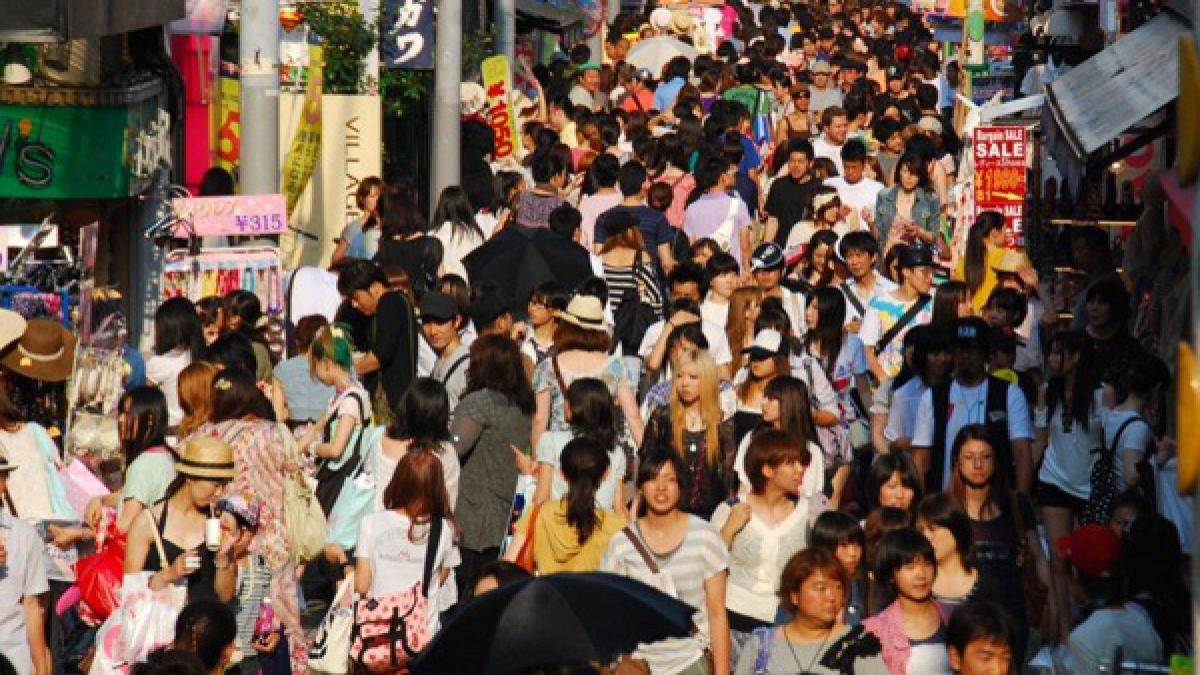The asian values debate

One of the ironies of the Asian Values debate is that non-Asians, specifically Westerners, seem to be much more concerned and involved in this debate than Asians themselves. Western newspapers, radio and television stations, research institutes and universities have had much more to say about Asian values in the last three years than their Asian counterparts.
For many of these Western observers and analysts the crucial question is the extent to which 'Asian values' such as hard work, discipline, thriftiness, family solidarity and community cohesiveness have contributed to the economic dynamism of the East Asian region - the world's fastest growing region on the basis of various economic indices. There are of course, a number of East Asian political leaders and government officials who also believe that these allegedly unique Asian values are mainly responsible for the rapid transformation of countries from South Korea to Singapore in the last two decades. They often exhort their people to remain industrious and to preserve the family institution at all costs so that their societies will not lose their economic vigor and vitality as it has begun happen to various Western countries. In fact, leaders such as Lee Kuan Yew, Singapore's elder statesman, who is in the forefront of the Asian values debate, are convinced that the economic decline of the West is part of a larger crisis of moral values, the root cause of which is an obsession with individual rights.
The position adopted by Lee and others has some merit. Values such as hard work and thriftiness have played some role in the economic growth of the region. The relative decline of some of these values would be part of the explanation for the economic malaise in the West. And uncompromising individualism is undoubtedly one of the major causes of the disintegration of the social fabric particularly in the United States.
But there are also some serious flaws in the argument advanced by the proponents of Asian values. One, more than certain values, it is the massive swirl of Japanese capital within the region starting from the mid-eighties; the emphasis upon human resource development in the economic programs of East Asian states; the sound infrastructural facilities available within most countries in the region; the determined push for export oriented industrialization by East Asian governments; and the general peace and political stability that has prevailed within the region for about two decades, which are the primary causes of the rapid economic growth in East Asia. Two, even the values which are often eulogized such as diligence and discipline --- by no means unique Asian values --- do not represent the sum total of any Asian culture or religion. Not Confucianism. Not Buddhism. Not Islam. Not Hinduism. Indeed, the proponents of Asian values have been very selective in their approach. They have chosen to highlight only those values which either help to reinforce the essentially Western capitalist model of development that they uphold or serve to buttress their own political dominance within their polities.
Such a selective approach to Asian values does not do justice to the profound worldviews and visions of the human being and human destiny embodied in the spiritual and moral philosophies of the great religions of the world all of which, incidentally, were born in the womb of Asia. Since religion continues to exert such a powerful influence upon the lives of ordinary women and men in Asia, we should harness its energy for the reconstruction and transformation of our societies. Together with a handful of other Asian intellectuals and activists, I have, for a long while now, espoused a three pronged strategy designed to make the essence of religion the basis of social transformation.
One, we should garner from within each religion its universal spiritual worldview and its perennial moral values. This calls for a comprehensive re-interpretation of religious doctrine. Two, the universal, perennial worldview and values drawn from each doctrine would provide a solid basis for effective dialogue between the different religious and civilization traditions. It would be a dialogue which would seek to discover shared values and worldviews as it will acknowledge the different theological premises that distinguish religions. Three, dialogue among religious civilizations must lead inevitably to a sincere dialogue with Western secular civilization. Confident of their own strength, religions will not be afraid to absorb what is best from the contemporary West.
When such a transformed, reformed religion becomes a way of life, Asian values will cease to be synonymous with hard work or loyalty to authority, and will be equated, as it should be, with justice, compassion and love.





